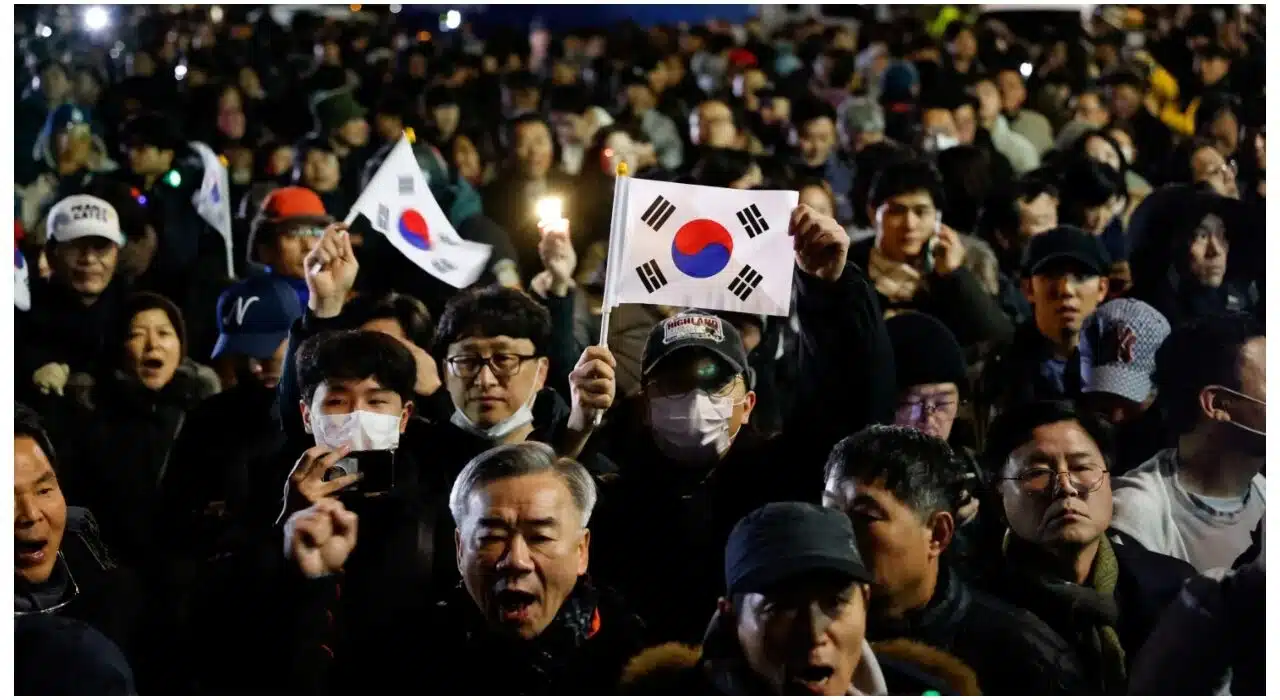South Korean markets continued to fall significantly since the nation declared martial law on Tuesday. On Wednesday, the markets closed decisively to the south on the back of political instability sparked by President Yoon Suk Yeol.
Both the Kospi index and the Kosdaq closed down 1.44% and 1.98% respectively (to 2464 and 677.15 respectively) after steeper intraday downfalls, both recovering slightly. The unexpected removal and subsequent announcement to discontinue martial law by President Yoon also played a role in eroding investor confidence.
Emergency Measures as South Korean Markets
The political unrest prompted swift financial interventions. About the recent decision, the Bank of Korea announced the stabilization of the markets (i.e., provision of additional liquidity and the preparation of special loans), in which the additional liquidity will be injected into the market in consideration of the potential contagiousness and transmission potential of the virus.
Meanwhile, it has been reported that the foreign exchange controller in South Korea has released US dollars in order to counter such a drastic fall in the Korean won. Even in the face of these measures, the “South Korean market crashes” story continued to circulate, generating a cautious investor climate.
Political unrest in South Korea triggered ripples in other Asia-Pacific countries. The Nikkei 225 in Japan closed unchanged, whilst the CSI 300 in China fell by 0.54%. For example, the Hang Seng Index in Hong Kong and the S&P/ASX 200 in Australia, too, decreased.
The South Korean markets fall pattern drew a spectrum of increasing fears across the region, as investors absorbed the volatility of South Korea together with broader global problems.
Rebuilding Confidence as South Korean Markets Falls
Experts forecast that the political crisis might have a sustained negative effect on investors’ confidence. The iShares MSCI South Korea ETF, which is based on the holdings of major South Korean companies, fell to a 52-week low but later recouped a portion of the losses.
The consensus is that within areas, i.e., nuclear energy, cosmetics, defense, etc., the outlook remains relatively insulated, but the overall picture remains cautiously optimistic. Although, the discussion centers around, the Korean market has declined, regaining confidence in the economy of this country will not be done overnight.
Also, see: South Korea declares martial law: What’s going on there?
